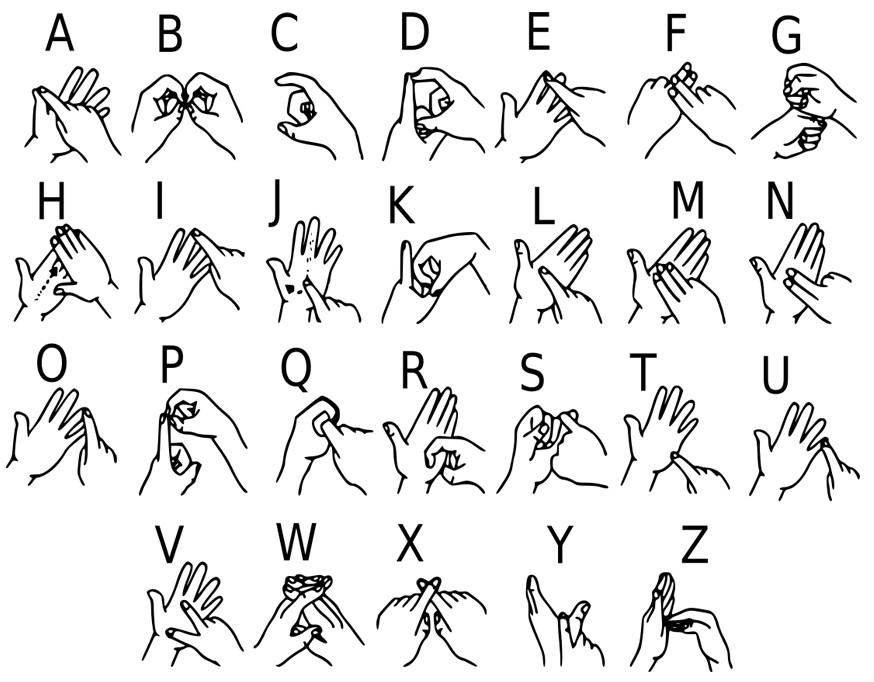
Making the production chain transparent has become a big deal in sustainability circles. Over little more than five years, the pursuit of a knowable, traceable garment supply chain has gone from being a bit of a kooky and idealistic venture to now an almost fetishized pre-requisite of being in business. The logic behind the pursuit of transparency is undeniable: how can you possibly hope to improve the efficiency of your operations, know that your supplier factories have safe building structures, guarantee that workers are fairly paid, etc., if you don’t know who is doing what, where, when and how? New web-based interfaces, track and trace technologies and databases are powering the collation and management of this information. They act as a feedback loop, channelling information as a potential lever of change. Depending on which brand is gathering the data, some are sharing it publicly and in great detail, like Bruno Peters’ Honest By. It seems like we are becoming more informed and maybe even a little more imaginatively connected with the manufacture and distribution of our clothes.
Yet a couple of centuries ago such connections were a commonplace. Our ancestors would have known the precise history and origin of the few things they owned as well as the people and tools involved in making them. And today in some crucibles of commercial exchange like the farmer’s market; human relationships, eye contact and knowledgeable conversation is thriving. Across a table of vegetables or stall of baked goods there is connection between buyer and seller forged over skilled production, geography, provenance and ingredients. But such trusted human connections get severed when things are scaled up: it’s impossible to sustain relationships across a colossal, globally spread, multi-part supply chain. So in lieu of direct human connection, we have generated data.
Data sets have become a proxy for trust in the fashion and textile sector; a stand-in for human integrity and responsibility in an age of globalisation, mass manufacturing and economies of scale. Data have been mobilised to suggest a level of care within the supply chain that conveys a broader integrity. At the smaller scale (and perhaps in the past) this integrity was transmitted and read through the signs of interpersonal communication, signs that are both ‘hard to make and hard to fake’. At the big scale, data have been charged with the same task. Letting others see into the machinations and flows of a supply chain via the publication of transparency data is offered as a substitute for the trust built through personal, social and emotional interactions and intelligence. But as John Thackara recently argued, in a post that was uncannily published at the same time as this one, ‘trust is not an algorithm’. And what is more the assumption behind the delivery of such data into the public domain is that when more information is given, we will make ever more ‘rational’ choices about the fashion products we buy.
Yet here is where this model of the world and our knowledge of reality part company. We do not have computers for brains. We do not make purely rational decisions. We do not know how to crunch data about transport routes, compare it to wage rates, the cost of a button or trim and then take action. The presumption that we are homo economicus and are narrowly self-interested and act rationally to optimise our choices does not hold. We are greater than this standard economic model. Our actions are driven by stories and established routines, cultural conditioning, socially-derived choices and individual experience; not logical calculation. It will be a long old wait for transparency initiatives to change people’s choices through rationality alone, for our relationships are not only transactional, seeking utility maximisation as the key goal – we are both head and heart. Without both, trust and the transparency initiatives that are actioned in its pursuit become a technical device focused on the optimisation of systems most commonly through efficiency and control.
But if we believe that an ethic of reciprocity and care in and for the world is just as convincing a proposition for organising society as self-interest; then we need ideas and models of action and analysis that are fluid, scientific, trusted, engaging, intuitive, convincing and sometimes a little irrational. Perhaps we need to partner the ambition and scope of transparency and the drive for eco efficiency of which it is a part, with action of a different order inspired by Wendell Berry’s fabulous poem Manifesto: The Mad Farmer Liberation Front (1991):
…So, friends, every day do something
that won’t compute. Love the Lord.
Love the world. Work for nothing. (…)
Ask the questions that have no answers.
Invest in the millennium. Plant sequoias.
Say that your main crop is the forest
that you did not plant,
that you will not live to harvest.
Say that the leaves are harvested
when they have rotted into the mold.
Call that profit. Prophesy such returns…
Click here for information on how to cite this blog post.

